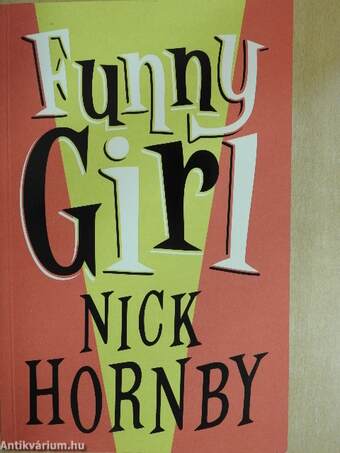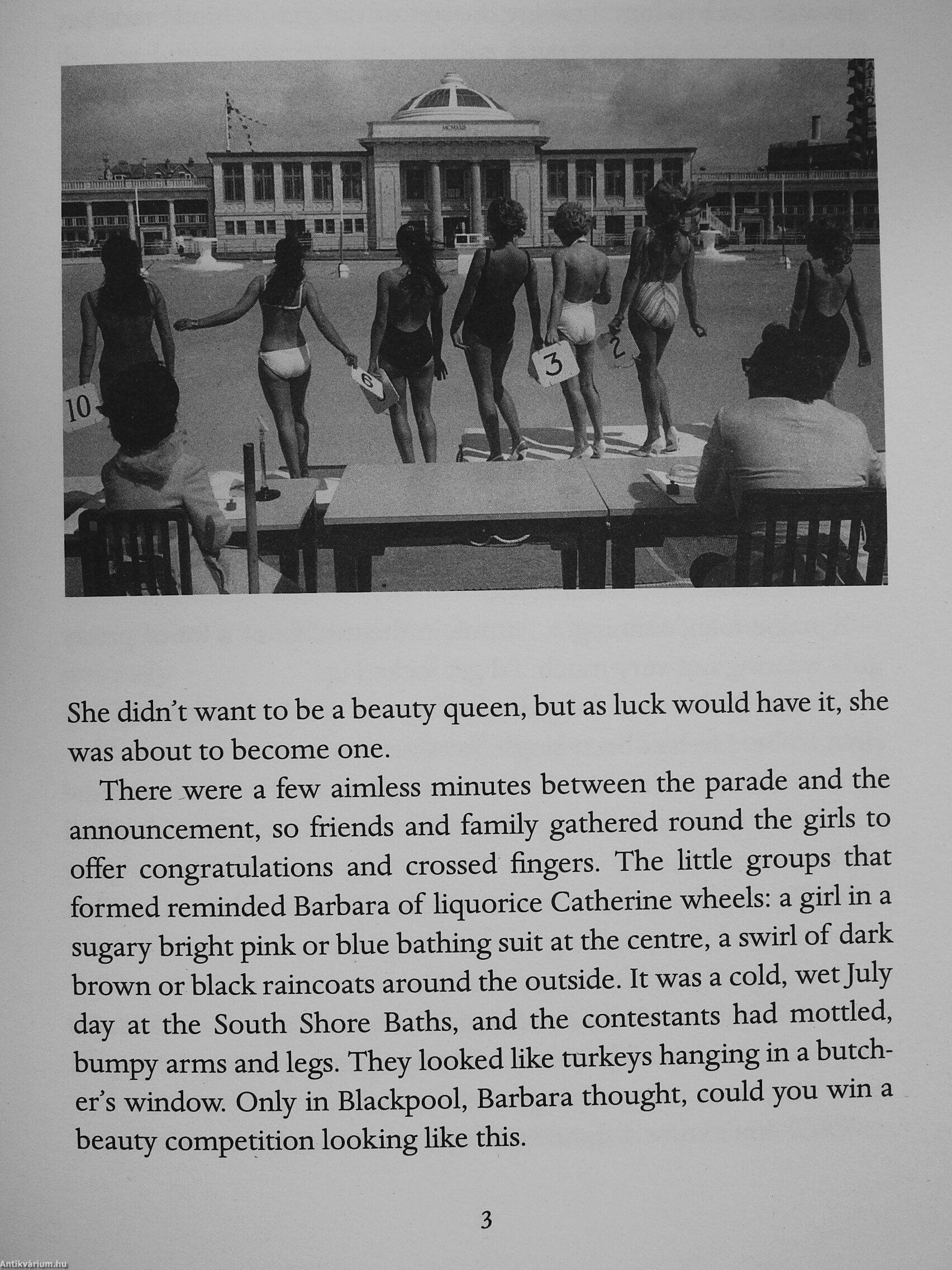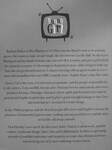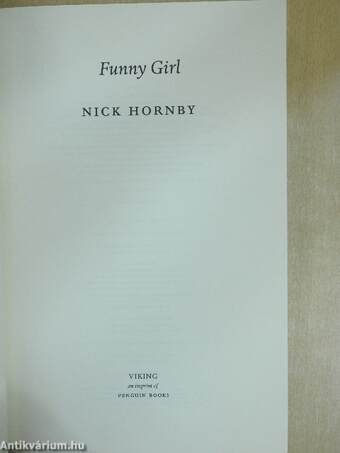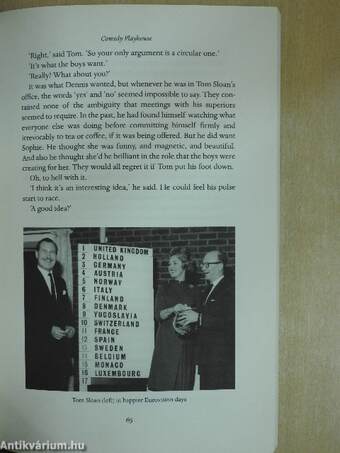1.067.053
kiadvánnyal nyújtjuk Magyarország legnagyobb antikvár könyv-kínálatát

VISSZA
A TETEJÉRE
JAVASLATOKÉszre-
vételek
Funny Girl
| Kiadó: | Viking |
|---|---|
| Kiadás helye: | New York |
| Kiadás éve: | |
| Kötés típusa: | Ragasztott papírkötés |
| Oldalszám: | 341 oldal |
| Sorozatcím: | |
| Kötetszám: | |
| Nyelv: | Angol |
| Méret: | 23 cm x 15 cm |
| ISBN: | 978-0-670-92281-9 |
| Megjegyzés: | Néhány fekete-fehér fotóval. |
naponta értesítjük a beérkező friss
kiadványokról
naponta értesítjük a beérkező friss
kiadványokról
Előszó
TovábbFülszöveg
Barbara Parker is Miss Blackpool of 1964, but she doesn't want to be a beauty queen. She wants to make people laugh, like her heroine Lucille Ball. So she leaves Blackpool and her family behind, takes herself off to London, and gets a job behind the cosmetics counter of a Kensington department store, while ti*ying to work out how she can get herself noticed. A ehaiice meeting with an agent results in a new name and an audition for a new BBC comedy series. Sophie Straw's time has come.
Funny Girl is the story of a television programme, and the people responsible for it: the writers, Tony and Bili, friends since National Service and comedy obsessives;
producer Dennis, Oxbridge-educated, clever, mild, and devoted to his team in generál and Sophie in particular; and Sophie's good-enough looking co-star Clive, who feels that he's destined for better things.
As the 1960s progress, and the British people fali in love with Sophie's sitcom, the pleasures of teamwork begin to wane:... Tovább
Fülszöveg
Barbara Parker is Miss Blackpool of 1964, but she doesn't want to be a beauty queen. She wants to make people laugh, like her heroine Lucille Ball. So she leaves Blackpool and her family behind, takes herself off to London, and gets a job behind the cosmetics counter of a Kensington department store, while ti*ying to work out how she can get herself noticed. A ehaiice meeting with an agent results in a new name and an audition for a new BBC comedy series. Sophie Straw's time has come.
Funny Girl is the story of a television programme, and the people responsible for it: the writers, Tony and Bili, friends since National Service and comedy obsessives;
producer Dennis, Oxbridge-educated, clever, mild, and devoted to his team in generál and Sophie in particular; and Sophie's good-enough looking co-star Clive, who feels that he's destined for better things.
As the 1960s progress, and the British people fali in love with Sophie's sitcom, the pleasures of teamwork begin to wane: nothing can stay good forever, and the mess
of real life will always intrude.
Nick Hornby's new növel, his first since Julid, Naked, is about work, popular culture, youth and old age, fame, class and collaboration. It offers a captivating portrait of youthful exuberance and creativity at a time when Britain itself was experiencing one of its most enduring creative bursts. Vissza
Témakörök
- Idegennyelv > Idegennyelvű könyvek > Angol > Szépirodalom > Regény, novella, elbeszélés
- Szépirodalom > Regény, novella, elbeszélés > Az író származása szerint > Európa > Nagy-Britannia
- Szépirodalom > Regény, novella, elbeszélés > Tartalom szerint > Humor
- Szépirodalom > Regény, novella, elbeszélés > Tartalom szerint > Művészetek > Film
- Szépirodalom > Regény, novella, elbeszélés > Tartalom szerint > Kor- és társadalomrajz
Nick Hornby
Nick Hornby műveinek az Antikvarium.hu-n kapható vagy előjegyezhető listáját itt tekintheti meg: Nick Hornby könyvek, művekMegvásárolható példányok
Nincs megvásárolható példány
A könyv összes megrendelhető példánya elfogyott. Ha kívánja, előjegyezheti a könyvet, és amint a könyv egy újabb példánya elérhető lesz, értesítjük.



